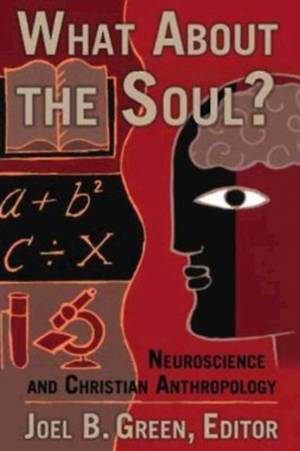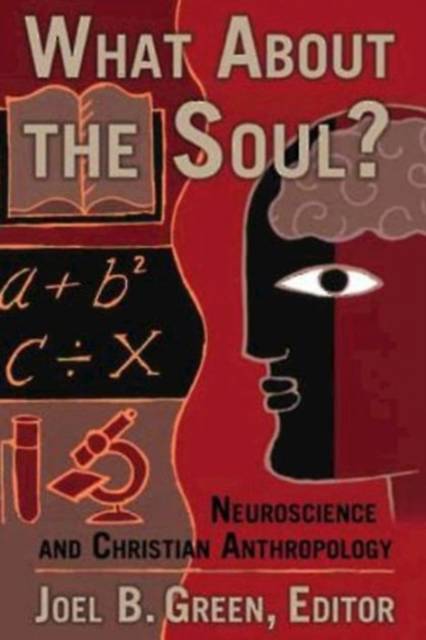
- Afhalen na 1 uur in een winkel met voorraad
- Gratis thuislevering in België vanaf € 30
- Ruim aanbod met 7 miljoen producten
- Afhalen na 1 uur in een winkel met voorraad
- Gratis thuislevering in België vanaf € 30
- Ruim aanbod met 7 miljoen producten
Zoeken
€ 59,95
+ 119 punten
Omschrijving
Everyone knows about the rocky relationship between science and theology brought about by the revolutionary proposals of Copernicus and Darwin. Fewer people know about an equally revolutionary scientific innovation that is currently under way among neurobiologists. This revolution in brain research has completely rewritten our understanding of who we are. It poses fundamental challenges to traditional Christian theology. According to the scientific worldview that now dominates, it is no longer necessary to speak of a soul or spirit as distinct from the functions of the brain. Nor is it possible from the scientific point of view to biologically distinguish humans from animals. How then, are we to answer the fundamental theological question? Who am I? What am I doing here? Why do I do what I do? In more classical theological terms, what does it mean to be saved? How am I responsible for my behavior? What is the meaning of resurrection? What happens when I die? Contributors: Bill T. Arnold, D. Gareth Jones, Joel B. Green, Patrick D. Miller, Charles E. Gutenson, Stuart L. Palmer, William Hasker, Michael Rynkiewich, Virginia T. Holeman, Lawson G. Stone, Malcolm Jeeves.
Specificaties
Betrokkenen
- Auteur(s):
- Uitgeverij:
Inhoud
- Aantal bladzijden:
- 232
- Taal:
- Engels
Eigenschappen
- Productcode (EAN):
- 9780687023455
- Verschijningsdatum:
- 1/06/2004
- Uitvoering:
- Paperback
- Formaat:
- Trade paperback (VS)
- Afmetingen:
- 153 mm x 226 mm
- Gewicht:
- 358 g

Alleen bij Standaard Boekhandel
+ 119 punten op je klantenkaart van Standaard Boekhandel
Beoordelingen
We publiceren alleen reviews die voldoen aan de voorwaarden voor reviews. Bekijk onze voorwaarden voor reviews.











